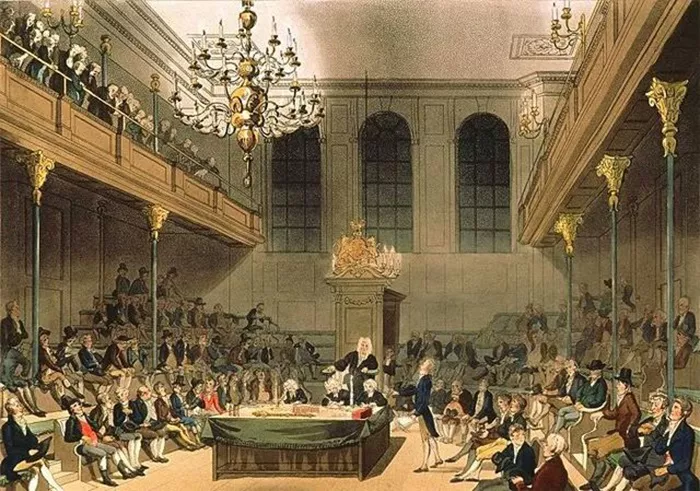January 20 has been a significant date in British history, marked by various events that have shaped the political, social, and cultural landscape of England. This article delves into the notable occurrences on this day, providing a detailed examination of each event.
What Happened on January 20 in British History?
1265: The First Parliament of England
One of the most pivotal events that took place on January 20, 1265, was the convening of England’s first Parliament at Westminster Hall in London. This assembly was called by Simon de Montfort, the Earl of Leicester, and represented a significant step towards the development of parliamentary democracy in England.
Before this event, the English monarchy operated without a formal legislative body representing the interests of common people. The assembly included not just nobles but also commoners from various towns and villages, marking a shift towards a more inclusive governance structure. This meeting laid the groundwork for future parliamentary systems and is often regarded as a foundational moment in British political history.
1356: Edward Balliol Abdicates
On January 20, 1356, Edward Balliol abdicated as King of Scotland in favor of Edward III of England. This political maneuver was part of a broader context of conflict between Scotland and England during the Wars of Scottish Independence.
Edward Balliol had claimed the Scottish throne with English support but faced significant opposition within Scotland. His abdication came after a series of military defeats and loss of support from his Scottish allies. In exchange for his abdication, he received an English pension, ensuring his financial stability while living in obscurity until his death in 1367.
1568: The Death of Miles Coverdale
Another important event on January 20 occurred in 1568 with the death of Miles Coverdale, aged 80. Coverdale was a notable translator and publisher known for producing the first complete Bible printed in English in 1535.
Coverdale’s translation played a crucial role in making the scriptures accessible to English-speaking Christians. His work contributed significantly to the Protestant Reformation in England and influenced subsequent translations, including the King James Version. His legacy is remembered for promoting literacy and religious reform during a transformative period in British history.
1649: The Trial of Charles I
On January 20, 1649, King Charles I went on trial for treason and other high crimes against the state. This trial was a culmination of tensions between the monarchy and Parliament that had escalated into the English Civil War.
The trial was unprecedented; Charles was charged with being a “tyrant, traitor, murderer and enemy of the people.” He refused to recognize the court’s authority, asserting that he ruled by divine right. The proceedings were contentious and marked by political divisions. Ten days later, on January 30, he was executed outside Whitehall Palace.
1783: Peace Treaty with France and Spain
January 20, 1783, marks another significant event when Great Britain signed a peace treaty with France and Spain, officially ending hostilities related to the American Revolutionary War.
This treaty acknowledged American independence and marked a turning point in British colonial policy. The conclusion of this war allowed Britain to refocus its resources and strategies toward its remaining colonies and laid the groundwork for future British imperial expansion.
1850: Opening of the Penny Savings Bank
On January 20, 1850, Britain saw the opening of its first Penny Savings Bank aimed at encouraging thrift among the poor.
This initiative was part of broader social reforms during the Victorian era aimed at improving living standards for lower-income families. The Penny Savings Bank allowed individuals to save small amounts regularly, promoting financial literacy and security among working-class citizens.
Conclusion
January 20 has witnessed numerous events that have had lasting impacts on British history. From establishing parliamentary democracy to significant royal trials and social reforms, each occurrence reflects broader historical trends within England. Understanding these events provides insight into how they shaped modern Britain and its governance structures.This exploration highlights not only specific historical moments but also their implications for future developments within British society. Each event serves as a reminder of how history is interwoven with politics, culture, and social change in shaping national identity.
Related Topics:

